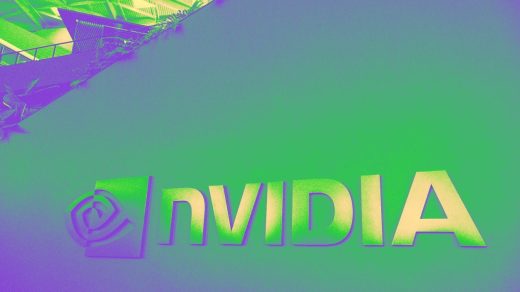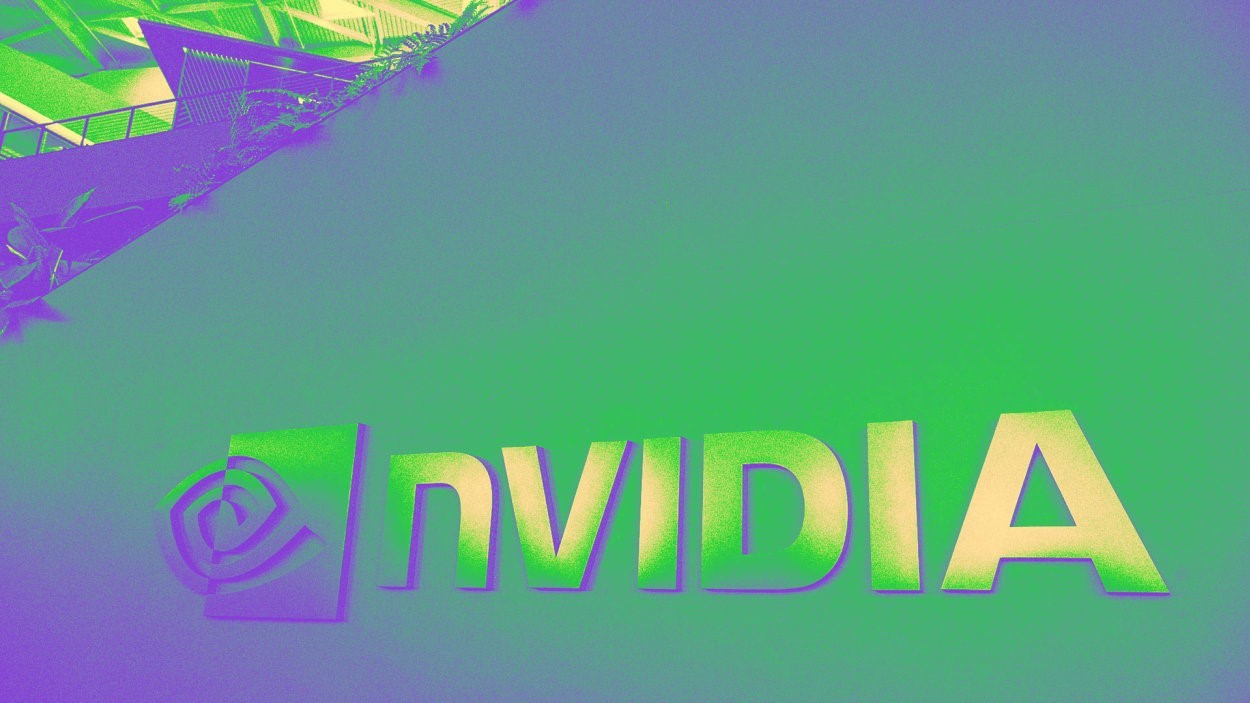Nvidia earnings: NVDA stock is soaring as demand skyrockets for AI computer chips
SAN FRANCISCO (AP) — Computer chip maker Nvidia has rocketed into the constellation of Big Tech’s brightest stars while riding the artificial intelligence craze that’s fueling red-hot demand for its technology.
The latest evidence of Nvidia’s ascendance emerged with Wednesday’s release of the company’s quarterly earnings report. The results covering the May-July period exceeded Nvidia’s projections for astronomical sales growth propelled by the company’s specialized chips—key components that help power different forms of artificial intelligence, such as Open AI’s popular ChatGPT and Google’s Bard chatbots.
Nvidia’s revenue for its fiscal second quarter doubled from the same time last year to $13.51 billion, culminating in a profit of $6.2 billion, or $2.48 per share, more than nine times more than the company made a year ago. Both figures were well above the projections of analysts polled by FactSet Research.
And the momentum is still building. The Santa Clara, California, company predicted its revenue for its August-October quarter will total $16 billion, nearly tripling its sales from the same time last year. Analysts had been anticipating $12.6 billion in revenue for the period, according to FactSet.
Nvidia’s stock price surged 8% in extended trading after the numbers came out. The shares already have more than tripled so far this year, a run-up that has boosted Nvidia’s market value to $1.2 trillion—a threshold that thrust the company into the tech industry’s elite. If stock rises similarly during Thursday’s regular trading session, it will mark yet another record high for Nvidia’s shares and boost the company’s market value by another $90 billion or so.
Other stalwarts that are currently or have been recently valued at $1 trillion or above are Apple, Microsoft, Amazon, and Google’s corporate parent Alphabet.
Now all those tech giants as well as a long line of other firms are snapping up Nvidia chips as they wade deeper into AI—a movement that’s enabling cars to drive by themselves, and automating the creation of stories, art, and music.
Nvidia has carved out an early lead in the hardware and software needed in the AI-focused shift, partly because its cofounder and CEO Jensen Huang began to nudge the company into what was then seen as a still half-baked technology more than a decade ago. While others were still debating the merits of AI, Huang already was looking at ways that Nvidia chipsets known as graphics processing units might be tweaked for AI-related applications to expand beyond their early inroads in video gaming.
By 2018, Huang was convinced that AI would trigger a tectonic shift in technology similar to Apple’s 2007 introduction of the iPhone, igniting a mobile computing revolution. That conclusion led Huang into what resulted in what he calls a “bet the company moment.” At the time Huang doubled down on AI, Nvidia’s market value stood at about $120 billion.
“I think it’s safe to say it was worth it to bet the company” on AI, Huang, 60, said during a presentation earlier this month.
Huang’s foresight gave Nvidia a head start in designing software to complement its chips tailored for AI applications, creating “a moat” that other major chipmakers, such as Intel and AMD, are having trouble getting around during a period of intense demand that is expected to continue into next year, said Bernstein analyst Stacy Rasgon. Nvidia is increasingly pitching a Lego-like combination of GPUs, memory chips, and more conventional processing chips enclosed in a big package. In a demonstration earlier this month, Huang showed one such room-size structure, joking about how it might look if delivered to a doorstep by Amazon.
“Everybody else is trying to catch them now that they see the opportunity is there.” Rasgon said.
Huang’s vision has prompted Wedbush Securities analyst Dan Ives to hail him as “the Godfather of AI,” and established him as one of the world’s wealthiest people with an estimated fortune of $42 billion.
While Ives still sees plenty of upside in Nvidia’s future growth and stock price, other market observers believe investors are getting carried away.
“This level of hype is dangerous, as it could lead investors to assume that these stocks are a silver bullet to build long-term wealth—and they are not, at least not on their own,” warned Nigel Green, CEO of deVere Group.
—By Michael Liedtke and Matt O’Brien, Associated Press. O’Brien reported from Providence, Rhode Island.
(14)



